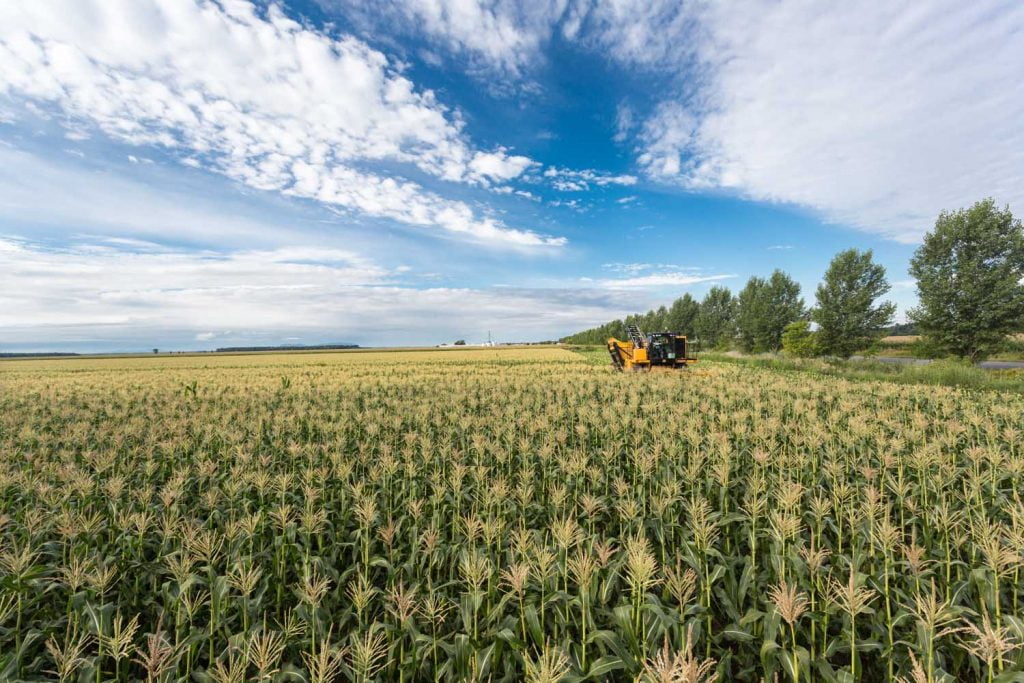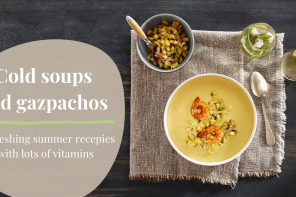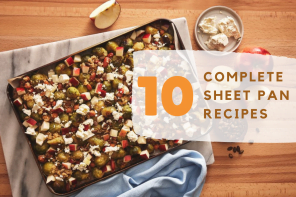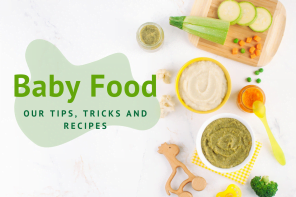Everything you need to know about the “Tested for pesticide residue vegetables” allegation
Every year, hundreds of thousands of hectares of crops are chemically treated unnecessarily, while 86% of Quebecers say they’re concerned about the presence of pesticides in their food.
The challenge today is to adopt alternative farming methods to limit pesticide use.
What is a pesticide?
A pesticide is a substance or chemical used to control plant and animal pests. It can have different functions: fight against insects (insecticides), plant pests (herbicides), fungal diseases (fungicides), rodents, snails or diseased trees.
Pesticides have adverse effects on the environment beyond the area they’re used in. For example, pesticides have a significant impact on bees and other pollinating insects in general. Pesticides used in fields can find their way into river water through rainwater and affect other animal species.
A pesticide residue, on the other hand, is the residue from a natural or chemical substance generally used for protecting crops.
What does “tested for pesticide residue” mean?
For our veggies, “tested for pesticide residue” means that they’re tested to ensure there is no quantifiable pesticide residue. That means more than 300 molecules are scanned in testing. This allows us to guarantee healthier, tastier food for you.
So what’s the difference between organic veggies and “tested for pesticide residue vegetables”?
The main difference is that organic farming is a commitment of resources. Meaning that when veggies are grown, only substances and techniques authorized by the standards in effect can be used.
Therefore, organic vegetables guarantee that no pesticides were used in producing them, so they’re free of residues, although residues may still be present in the final product.
But how? Example: if the vegetables are grown in an agricultural plot that used to use pesticides or if some of the pesticides are found in the water used to water the fields. In either case, despite not wanting to use pesticides for growing, vegetables can potentially contain them.
The designation “tested for pesticide residue” is a commitment of results. This means that at the end of production, we have products free of quantifiable residues of more than 300 sought-after chemical molecules through analysis.
Why a line of vegetables “tested for pesticide residue”?
Arctic Gardens is a Bonduelle Group brand, a family business built more than 150 years ago. Bonduelle’s vision emphasizes social and environmental responsibility. This new product line is part of our commitment to offer you our best vegetables and to promote wellness through wholesome vegetables, and is part of a sound agriculture and sustainable development approach.
How is Bonduelle committed to the planet?
Bonduelle is committed to concrete, measurable actions to expand the role of wholesome vegetables in everyone’s diet. The company is in the process of B Corp certification.
Among other things, Bonduelle is committed to supporting responsible agriculture around the world and to finding new ways to grow, prepare and sell our products every day. Our first supply charter was created in 1996.
The company also works to make wholesome vegetables accessible to everyone and to promote tastier, healthier food. Finally, we want to make a positive economic and social impact on our employees and our communities.
But how can you not use pesticides in agriculture?
There are many solutions to reducing or even avoid using pesticides in agriculture. By using parasitic insects, for example. These are insects that prevent the reproduction of pest species that can harm crops. Using traps to limit the spread of pest species can also be implemented. Mechanical substitutes for pesticides, such as mechanical weeding, the use of anti-insect nets, less dense sowing or using more resistant varieties, are all other methods that can make a difference.
In concrete terms, what’s the process for growing a product line tested for pesticide residue?
The process tested for pesticide residue starts well before sowing the seeds. It starts with choosing the plot. Here is the agricultural process of our new product line:
Which Arctic Gardens brand of products will be certified for pesticide residue testing?
4 Arctic Gardens products are certified tested for pesticide residue:
- whole green beans
- extra-fine green beans
- sweet peas
- sweet corn
Where do our tested for pesticide residue vegetables come from?
All Arctic Gardens products are transformed at our Bedford plant in Quebec.
All the veggies in our product line are grown within an average 70 km area around our plants. This proximity allows veggies to go from the field to the freezer in only 3 to 4 hours on average, which guarantees vegetables grown to maturity.
Discover our entire tested for pesticide residue product line!



















